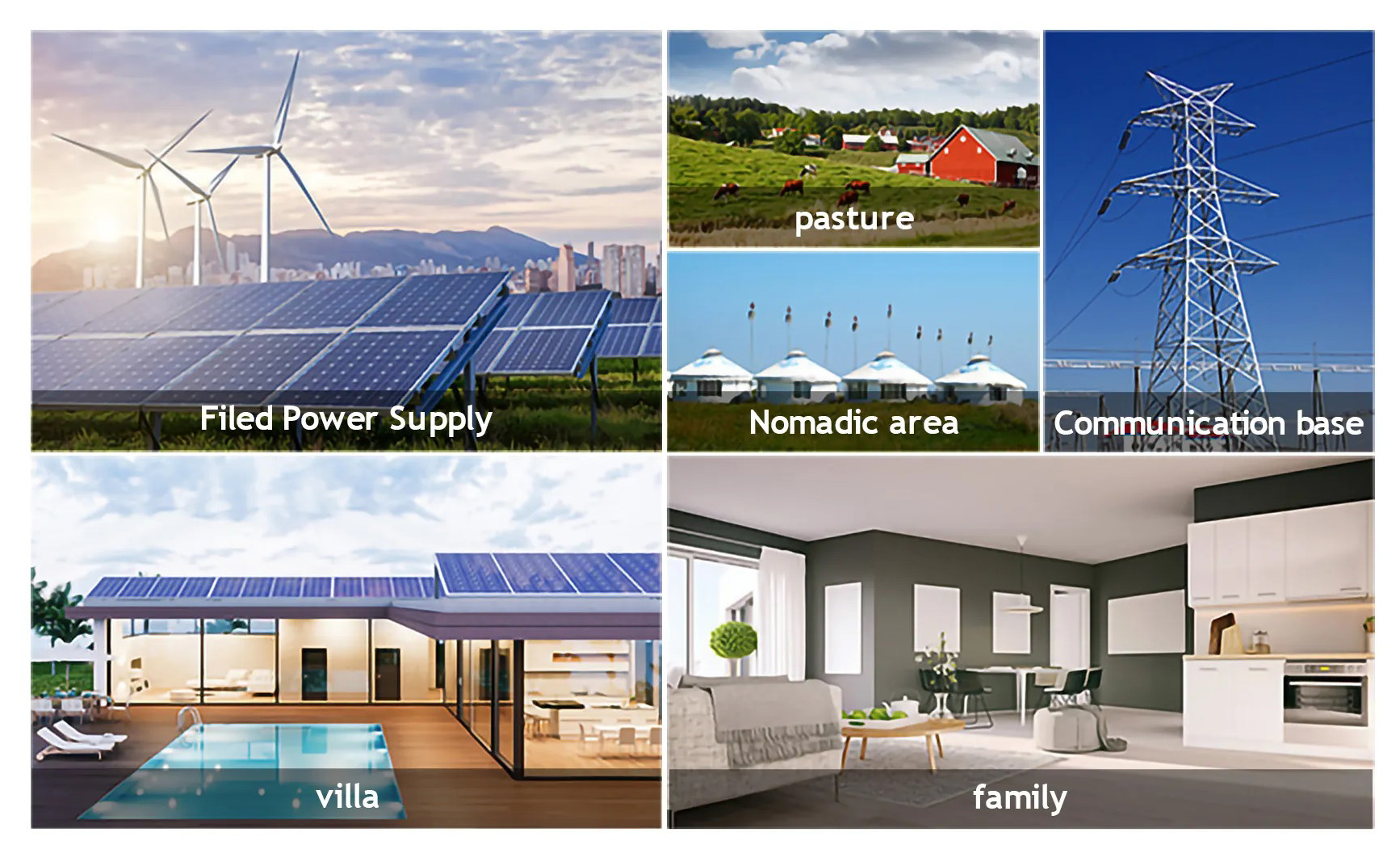How Off-Grid Solar Systems Work
2024-11-13

How Off-Grid Solar Systems Work
As the world increasingly seeks sustainable energy solutions, off-grid solar systems have emerged as a viable alternative for individuals and communities looking to break free from traditional power grids. These systems allow users to generate their own electricity using solar panels, providing a reliable energy source that can operate independently of the grid. This article will explore how off-grid solar systems work, their components, benefits, and considerations for those thinking about making the switch.
Understanding Off-Grid Solar Systems
An off-grid solar system is designed to operate independently from the utility grid. This means that the system generates and stores its own electricity, providing power for homes, cabins, or even entire communities. Off-grid systems are particularly beneficial in remote areas where access to the grid is limited or non-existent. By harnessing the sun's energy, these systems can provide a sustainable and cost-effective energy solution.
Key Components of Off-Grid Solar Systems
To understand how off-grid solar systems function, it's essential to familiarize ourselves with their key components. These include solar panels, a charge controller, batteries, an inverter, and sometimes a backup generator.
1. Solar Panels: The heart of any solar system, solar panels convert sunlight into electricity. Off-grid systems typically use photovoltaic (PV) panels, which generate direct current (DC) electricity when exposed to sunlight.
2. Charge Controller: This component regulates the flow of electricity from the solar panels to the batteries. It prevents overcharging and ensures that the batteries receive the appropriate amount of power, extending their lifespan.
3. Batteries: In an off-grid system, batteries store the energy generated by the solar panels for use when sunlight is not available, such as during the night or on cloudy days. Deep-cycle batteries are commonly used because they can be discharged and recharged multiple times without losing capacity.
4. Inverter: Since most household appliances run on alternating current (AC) electricity, an inverter is necessary to convert the DC electricity stored in the batteries into AC electricity. This allows users to power their everyday devices and appliances.
5. Backup Generator: While not always necessary, a backup generator can provide additional power during extended periods of low sunlight or increased energy demand. This ensures that users have a reliable energy source even when solar generation is insufficient.
How Off-Grid Solar Systems Generate and Store Energy
The operation of an off-grid solar system can be broken down into a series of steps. First, sunlight strikes the solar panels, generating DC electricity. This electricity flows to the charge controller, which regulates the power and directs it to the batteries for storage.
When the batteries are fully charged, any excess energy can be diverted back to the solar panels or used to power the inverter. When energy is needed, the inverter converts the stored DC electricity into AC electricity, making it usable for household appliances.
During periods of low sunlight, the system draws power from the batteries. The energy stored in the batteries can sustain the household until sunlight returns or until the backup generator is activated, if necessary. This cycle of energy generation, storage, and consumption allows off-grid systems to provide a consistent power supply, independent of external energy sources.
Benefits of Off-Grid Solar Systems
Off-grid solar systems offer numerous advantages. One of the most significant benefits is energy independence. Users can generate their own electricity, reducing reliance on utility companies and protecting themselves from rising energy costs.
Additionally, off-grid systems can be environmentally friendly. By utilizing renewable energy, users can reduce their carbon footprint and contribute to a more sustainable future. This is particularly important in remote areas where traditional energy sources may be less environmentally friendly.
Off-grid systems also promote resilience. In areas prone to natural disasters or power outages, having an independent energy source ensures that users can maintain power when it is most needed. This reliability can be crucial for essential services, such as medical equipment or heating during winter months.
Considerations for Off-Grid Solar Systems
While off-grid solar systems present many benefits, there are also several considerations to keep in mind. The initial investment for a complete off-grid system can be significant, as it requires purchasing solar panels, batteries, inverters, and other components. However, many users find that the long-term savings on energy bills and maintenance costs can offset this initial expense.
Another consideration is energy consumption. Users must be mindful of their energy usage and may need to adjust their habits to ensure that they can operate within the limits of their system. This may involve using energy-efficient appliances or adopting practices that reduce overall energy consumption.
Finally, maintenance is an essential aspect of off-grid solar systems. While solar panels generally require minimal maintenance, batteries need regular checks and may need to be replaced every few years. Users should be prepared to invest time and effort into maintaining their systems to ensure optimal performance.
Conclusion
Off-grid solar systems offer a practical solution for those seeking energy independence and sustainability. By harnessing the power of the sun, these systems provide a reliable energy source that can operate independently of traditional utility grids. With their key components—solar panels, charge controllers, batteries, inverters, and backup generators—off-grid systems generate, store, and distribute energy effectively.
While there are considerations to keep in mind, the benefits of off-grid solar systems, including energy independence, environmental sustainability, and resilience, make them an attractive option for many. As technology continues to advance and the demand for renewable energy grows, off-grid solar systems are likely to play an increasingly important role in our energy landscape.
Prev:
Contact Us
WhatsApp:86-15813424539
Fax: 86-0757-82124457
E-Mail:sale-1@pan-ups.com.cn
Add: 4th Floor, Gate 1, A7 District, Hantian Science and Technology City, Guicheng Street, Nanhai District, Foshan City






